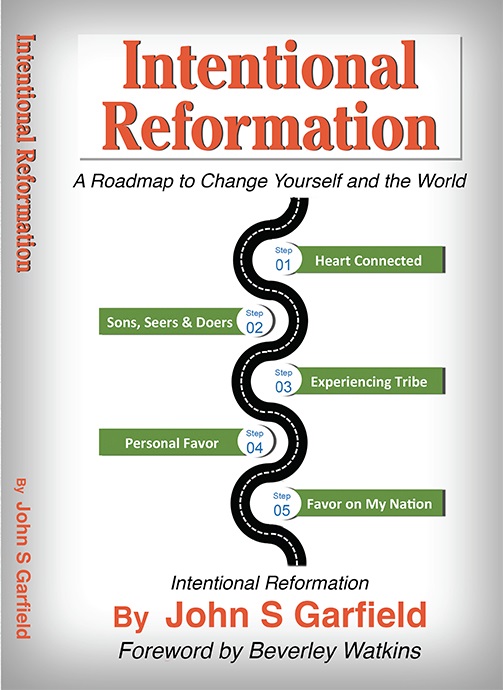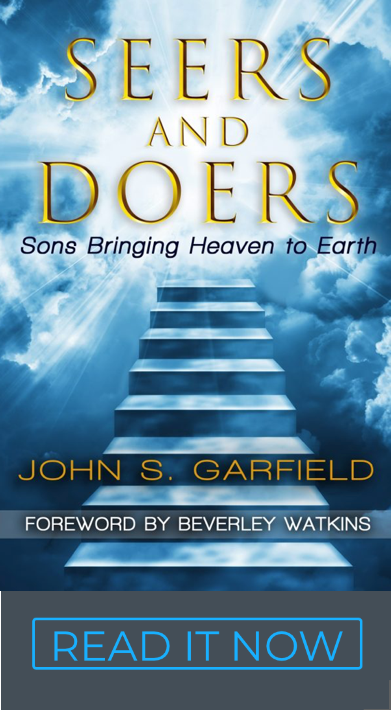The video for this blog is here.
One of our Releasing Kings coaches sent me a 10 minute video by Daniel Pink on his book, Drive. It’s really good! His thesis has to do with what motivates people to be creative or productive… at work, in life, everywhere. He found that if/then rewards (carrot and stick incentives like bonuses or fines) do work for simple mechanical tasks that have a short duration. But, those kinds of rewards can actually reduce performance if the nature of the work is creative or cognitive problem solving.
Why? – To tap the real talents in a person or employee, we have to be motivated from within (intrinsically). We have to have a reason of our own to apply our creativity or personal energy to a challenge. External rewards don’t tap this internal motivation. Creative and self-motivated people cannot be strictly managed or led, they must have a degree of self-motivation… a reason of their own to engage or share ownership. Pink identifies three characteristics that empower innovation, initiative and creativity. They are autonomy, mastery, and purpose. Pink sites secular studies to make this point. However, they are really Kingdom values that God invented long ago, so let’s define them.
1. Autonomy – We all need a level of independence in our work to be creative and productive. Why? We are, by our own identity, each unique with special gifts, talents and callings. Our unique contribution is only demonstrated when we give ourselves permission to come out from under the expectations and control of a servant mentality and become our own unique self. Instead of just doing what we’re told, we add the value of our own talents and initiative to our work. Jesus described this process as moving from servant to friend. Autonomy is really the nature of our relationship with Jesus. We either “serve” God and others from an obedience mindset or we relate, converse, communicate and co-labor. Jesus is inviting us to offer our ideas and initiative to Him instead of just waiting to be told what to do. Giving ourselves permission to be autonomous is really giving ourselves permission to be ourselves.
I no longer call you servants, because a servant does not know his master’s business. Instead, I have called you friends, for everything that I learned from my Father I have made known to you. 16 You did not choose me, but I chose you and appointed you to go and bear fruit — fruit that will last. Then the Father will give you whatever you ask in my name. John 15:15-17 NIV
2. Mastery – Creative people want to be really good at being themselves, and stand out from the crowd. We are not competing with others as though we are better than them, but we are striving to become the very best that we can be, and helping others achieve the same personal excellence. Mastery also relates to the authority we carry. When we tap into our own anointing in our own mountain, we begin to rule and reign in a level of power that goes beyond our natural abilities. Our words resonate prophetically with others, and have influence beyond our natural expectations. Our work bears fruit in ways we could never have imagined. There is a promotion that we feel in the natural and in the Spirit that others can see as well. We are simply taking our position in our mountain, inheriting our land, and having our impact in the culture of our destiny…. blessing nations and contributing our part to bring His Kingdom on earth as it is in heaven. We really understand the significance of our own mastery in the context of what the Master is doing. We are all part of a much larger strategy called Kingdom.
But seek his kingdom, and these things will be given to you as well. 32 “Do not be afraid, little flock, for your Father has been pleased to give you the kingdom. Luke 12:31-33 NIV
3. Purpose – The greatest spiritual principle of the Kingdom is that our heart has to know “why.” The greatest natural principle of human motivation is exactly the same thing. The “secular why” never gets beyond “self.” We have the opportunity to make a connection between the desires that God wrote in our heart and His larger strategy to bless the nations. On a secular level, I gain satisfaction from excelling in my area of expertise and seeing the synergism with co-workers or the corporate vision. That’s good. But, what if I can connect the dots between the desires that God placed in my heart and His larger Kingdom strategy? What if I can see the purpose behind my life in the sense of destiny? What if I worked in a company that had a Kingdom purpose? What If I can play a role in God’s plan to bless the nations? What if leveraging my life with what God is doing resulted in the opportunity to use His power and achieve His purposes? What if my own heart’s purpose was overlapped with God’s purpose?
Answer – My heart would have a much better reason to be creative, inventive and productive. I would be “leveraging the Kingdom” to live my own life in a way that was 1) most fulfilling for me, 2) pleasing to God, and 3) a blessing to other people… in a way that changes the world. The “eureka” of human motivation is that a secular approach leads to good secondary motivations. The primary motivations our hearts were designed for take effect when we pull the curtain back and see the Kingdom.
The Zen of Effective Leadership – All this has a huge impact on the way we lead and manage. Effective leadership isn’t directing people; it’s helping them to become self-directing. We do that by putting them in touch with their own hearts and their own intrinsic motivations. Here’s my simple point. Doing that without a concept of God’s Kingdom leads into a complicated, intellectual swamp of secondary motivations that our hearts ultimately won’t believe. Leveraging the Kingdom to find ourselves and our destiny is straightforward by comparison. The motivations of our heart are real, compelling and exciting. Our hearts are all seeking reasons for excellence that go far beyond “self.” There really is a bigger picture, a world-changing strategy… it’s called God’s Kingdom; it’s led by Jesus; it’s orchestrated by the Holy Spirit; it’s accomplished by us. Making the world a better place is a noble goal; we have the choice of doing it without God or with God. Which do you think would be more effective?
Now to him who is able to do immeasurably more than all we ask or imagine, according to his power that is at work within us… Eph 3:20 NIV


